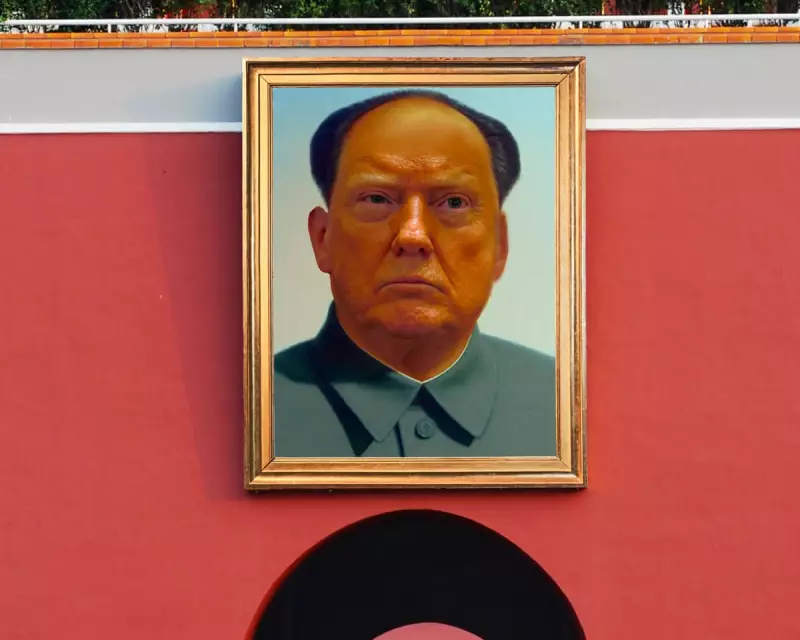
In a bold move that has sent ripples through financial markets, former President Donald Trump has unveiled a radical economic agenda that could fundamentally reshape America's economic landscape. Speaking at a high-stakes fundraising event, Trump outlined proposals that include sweeping universal tariffs and the most aggressive mass deportation programme in modern history.
Economic Shock Therapy
Trump's vision centres on imposing a blanket 10% tariff on all imports, coupled with a staggering 60% levy on Chinese goods. This protectionist strategy, he claims, would turbocharge American manufacturing and create a fortress economy. However, prominent economists are sounding the alarm, predicting this approach would trigger immediate price surges for consumers and businesses alike.
The Inflation Equation
Moody's Analytics chief economist Mark Zandi presents a grim forecast: "The economic fallout would be severe and immediate." His modelling suggests Trump's policies could add nearly £1,500 annually to average household expenses while potentially wiping out 3.5 million jobs. The Federal Reserve would face unprecedented pressure to hike interest rates dramatically, potentially pushing the economy into recession.
Immigration Economics
Perhaps the most controversial element is Trump's plan for mass deportations targeting undocumented migrants. While appealing to his political base, economists warn this could cripple sectors reliant on immigrant labour, from agriculture to construction, potentially causing supply chain disruptions and wage inflation.
Market Jitters and Business Anxiety
The financial world is watching with growing unease. Wall Street analysts note increased market volatility whenever Trump's economic proposals gain attention. Business leaders, particularly in retail and manufacturing, fear being caught in the crossfire of a renewed trade war that could disrupt global supply chains just as they're recovering from pandemic-era disruptions.
The Political Divide
The debate has exposed a fundamental divide in economic philosophy. Trump advocates argue that short-term pain would yield long-term gain through reshored industries and protected jobs. Mainstream economists counter that the global economic system is too interconnected for such blunt protectionism to work without devastating collateral damage.
As the political battle intensifies, American businesses and households face unprecedented uncertainty about their economic future, with potentially global ramifications for trade and economic stability.




